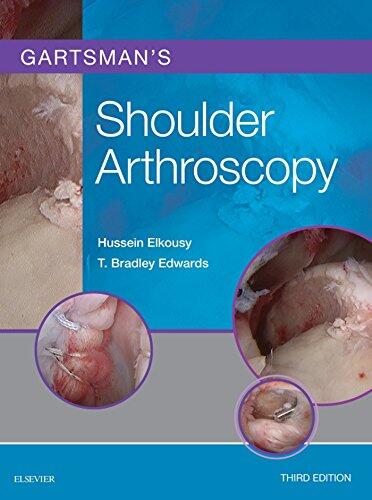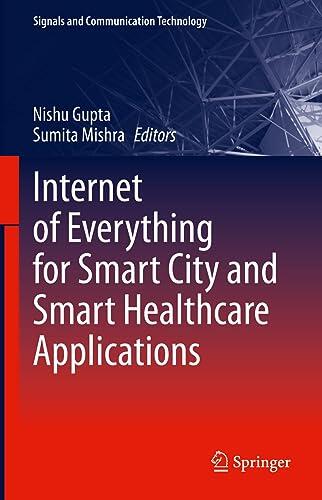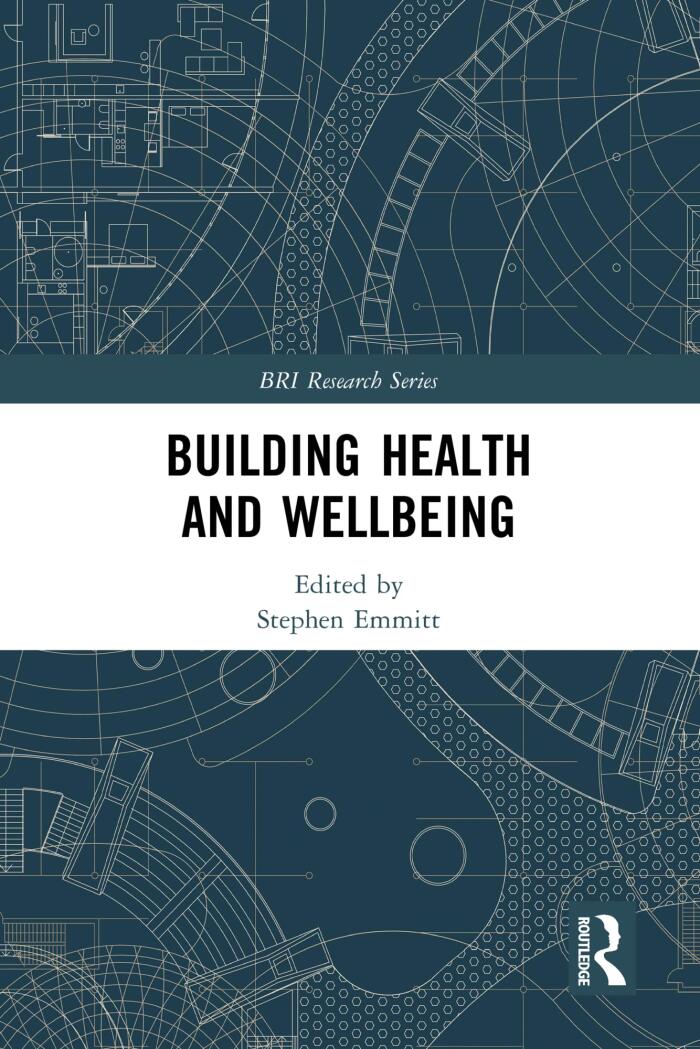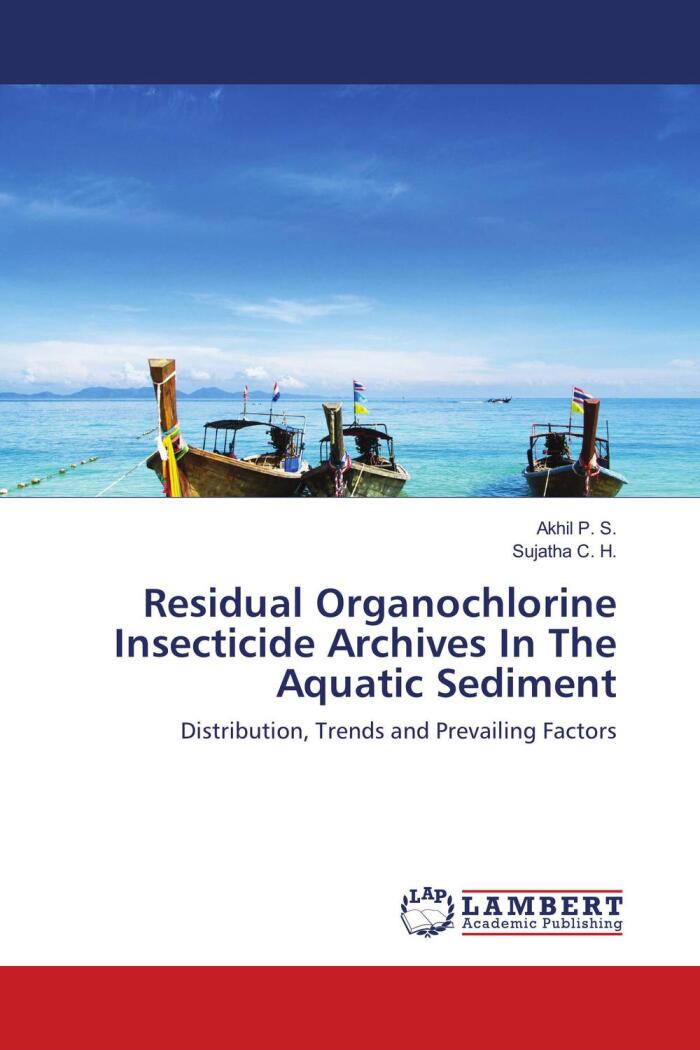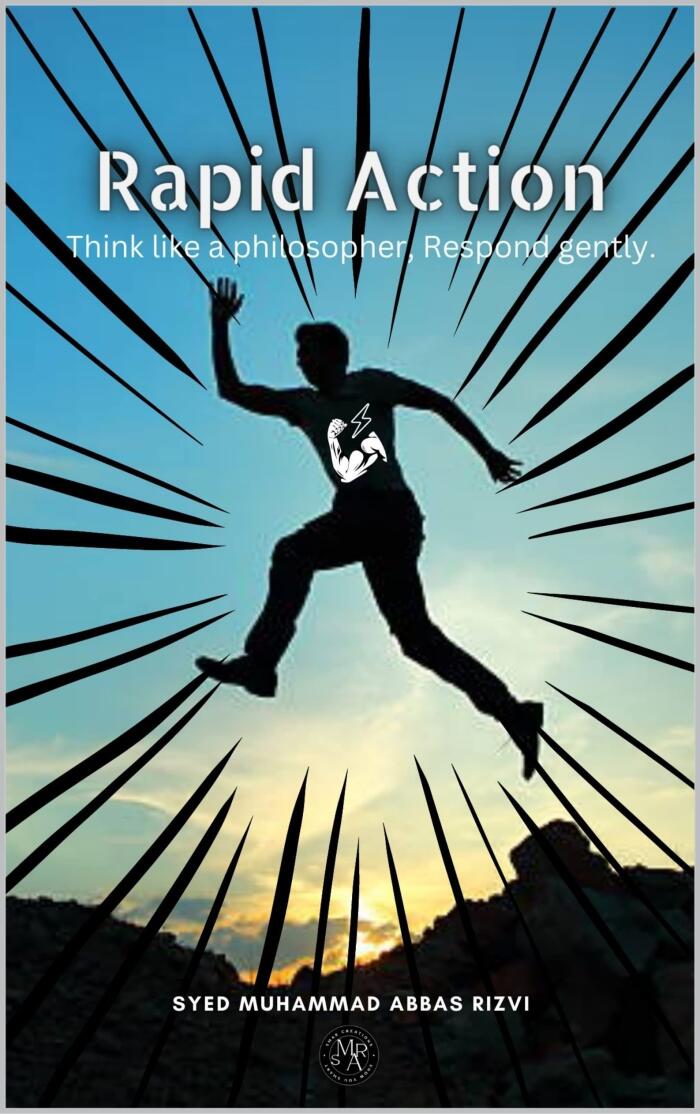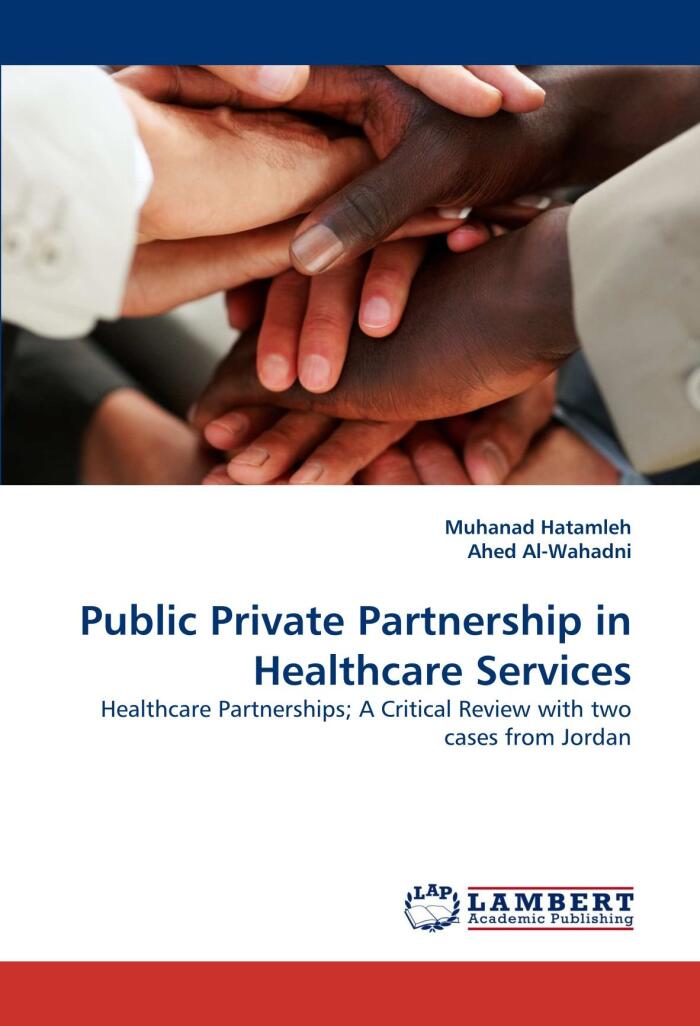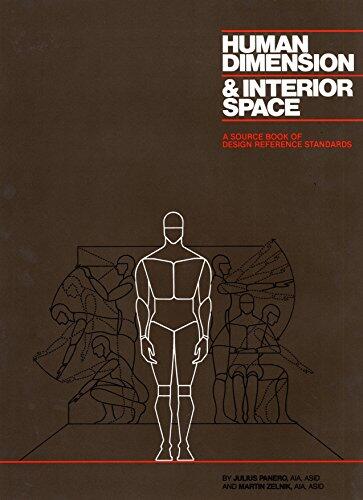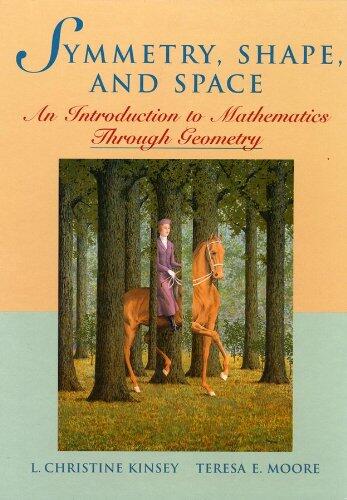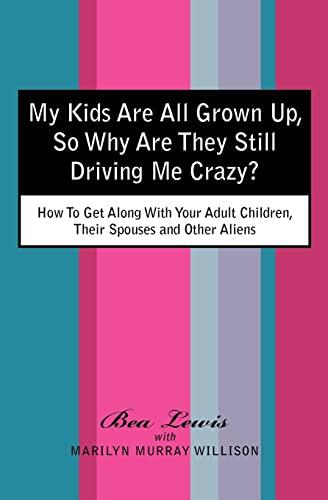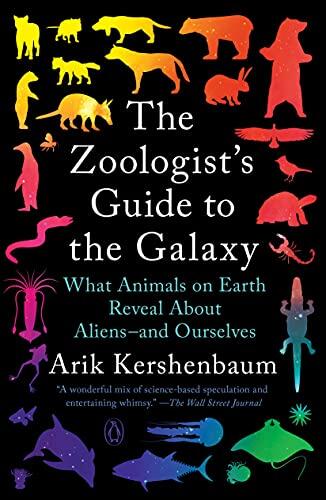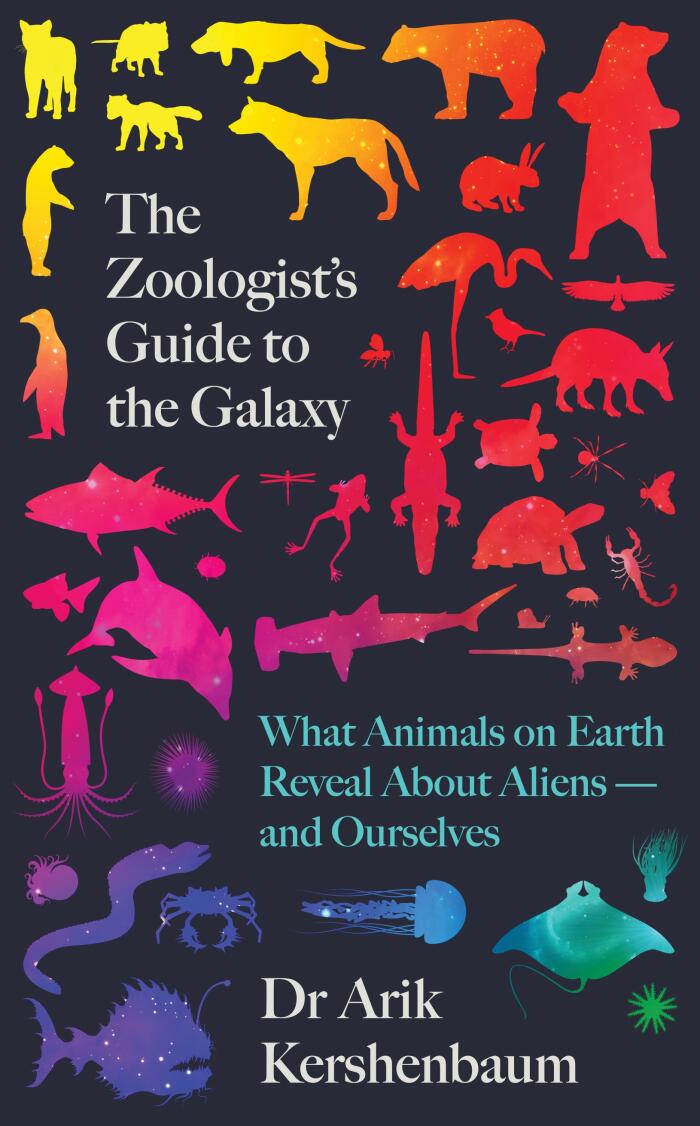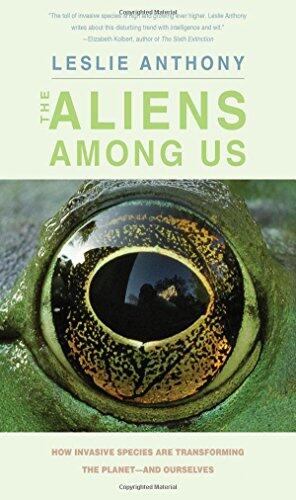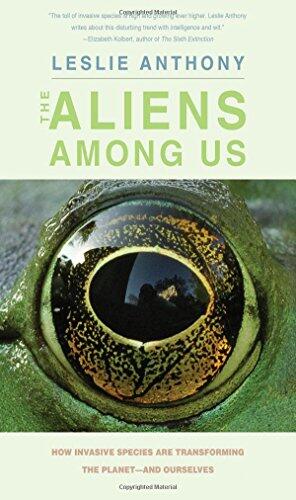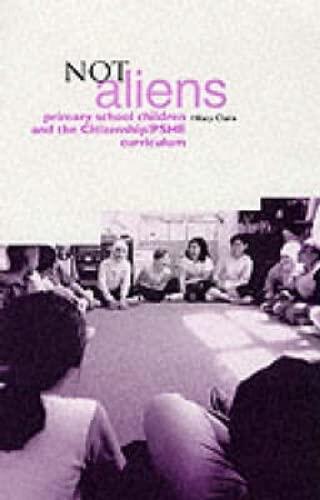
Not Aliens: Primary School Children and the Citizenship/PSHE Curriculum
还没有评分
Health & Wellness
格式
平装书
页数
180
语言
英语
已发布
Jan 14, 2002
出版商
Trentham Books
ISBN-10
1858562422
ISBN-13
9781858562421
描述
In a vibrant exploration of the intersection between childhood education and citizenship, the narrative delves into the vital role that Primary School Children play in shaping their understanding of the world. Through meticulously gathered insights, the author presents a compelling argument that the Citizenship and Personal, Social and Health Education (PSHE) curriculum is not merely a set of lessons, but a transformative tool that fosters young minds to navigate their societal roles with confidence and purpose.
The author highlights the children's perspectives and experiences, revealing how their interactions within the curriculum influence their attitudes towards community, diversity, and responsibility. By engaging with both educators and students, the narrative paints a comprehensive picture of the challenges and triumphs faced in the classroom setting.
Authentic voices punctuate the text, allowing readers to grasp the genuine impact of educational methodologies on children’s development. Through this lens, the work invites educators, policymakers, and parents to reconsider the importance of citizenship education in nurturing informed future citizens.
Ultimately, it emphasizes the idea that the journey of learning about citizenship begins well before adulthood, often thriving in the curiosity and resilience of primary school-aged children. This vital discourse provides valuable insights for anyone involved in education or those interested in the dynamics of youth engagement in democratic practices.
The author highlights the children's perspectives and experiences, revealing how their interactions within the curriculum influence their attitudes towards community, diversity, and responsibility. By engaging with both educators and students, the narrative paints a comprehensive picture of the challenges and triumphs faced in the classroom setting.
Authentic voices punctuate the text, allowing readers to grasp the genuine impact of educational methodologies on children’s development. Through this lens, the work invites educators, policymakers, and parents to reconsider the importance of citizenship education in nurturing informed future citizens.
Ultimately, it emphasizes the idea that the journey of learning about citizenship begins well before adulthood, often thriving in the curiosity and resilience of primary school-aged children. This vital discourse provides valuable insights for anyone involved in education or those interested in the dynamics of youth engagement in democratic practices.
